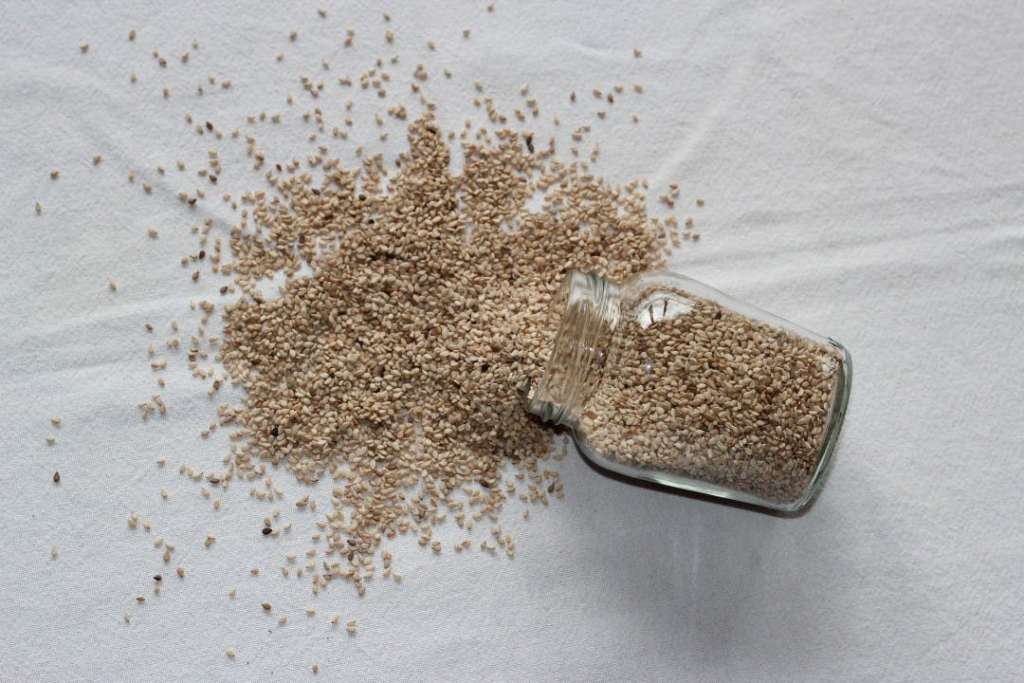This scandal began in September 2020 when a banned carcinogenic pesticide was detected in certain food products imported into Europe, such as sesame. Since then, the precautionary principle has been applied in France. More than 6,200 food products have been recalled by health authorities. From sesame to ice cream, pepper, ginger, shallots, and even coffee, all of these products are likely to have been illegally treated with ethylene oxide.
What is ethylene oxide?
To begin, it's important to introduce the chemical that caused this crisis. Ethylene oxide is used as a disinfectant to prevent mold and reduce the risk of salmonella in transported products.
This extremely flammable and toxic gas is banned in Europe. According to the French National Institute for Research and Safety, it can cause cancer and lead to genetic abnormalities.
The INRS also specifies that this chemical, which is subject to pesticide regulations, causes skin irritation, severe eye irritation, and can irritate the respiratory tract. According to ANSES, ethylene oxide poses health risks without a dose threshold, meaning that even at very low levels of exposure, it can be dangerous.
The origin of this problem?
Food safety issues are very often linked to traceability.
Indeed, companies in the sector have very strict obligations regarding traceability protocols which allow the journey of foodstuffs to be traced in the event of a problem.
Food traceability aims to:
– Provide more food information to consumers
– Identify the risks of food poisoning
– Make it easier to withdraw food products
– Identify the causes of a problem by tracing the food chain
Concerning the ethylene oxide crisis, traceability problems had already been identified in 2017.
Indeed, the European Commission investigators made the following observation: "The current system does not allow verification, due to a lack of traceability of farms, that sesame seeds are produced in conditions that respect the general hygiene provisions for production."
At the start of this crisis last October, only seven laboratories in Europe were able to control ethylene oxide levels in food products.
In fact, according to many operators, the tests carried out to detect pesticides in foodstuffs did not include ethylene oxide.
Since October 2020, the European Commission has required the inspection of 50% of sesame batches entering Europe, while France has decided to inspect 100% of batches arriving at border control points. Since the scandal broke, all laboratories have been overwhelmed with requests.
With ethylene oxide legislation now very strict and closely monitored, it has become essential for companies to control this risk and monitor products that may contain traces of this pesticide (flour, specialty breads, oil, ready meals, etc.).
YesWeLab's network of scientific partners includes around a hundred laboratories with expertise in the research of chemical contaminants capable of carrying out this test.
We support food industry professionals in their search for the scientific partner that best meets their needs.




